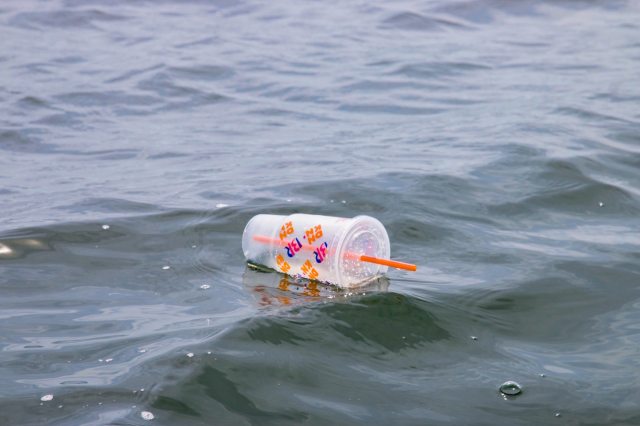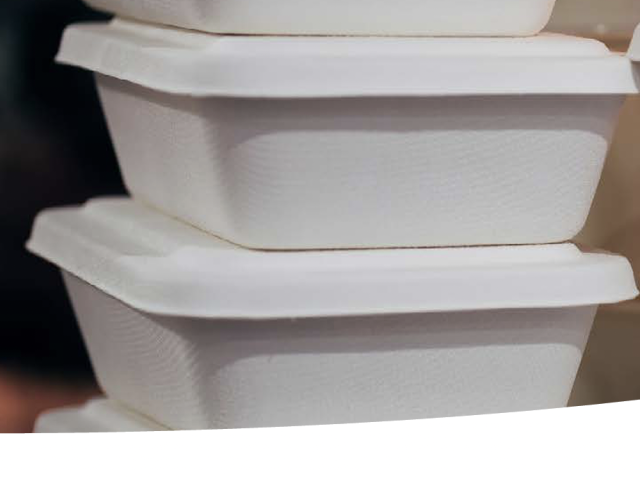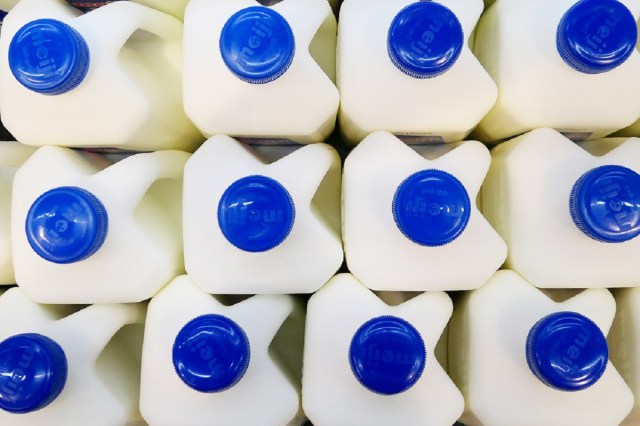
The Australian Packaging Covenant Organisation (APCO) has published its 2030 Strategic Plan, challenging the status quo to deliver on ambitious national packaging targets.
In an Australian first, the strategy sets out a pathway for industry to take on greater responsibility for delivering the increase in recycling needed to meet national targets.
The strategy calls for a membership fee structure that will incentivise packaging material circularity and allow brands the social licence to continue to operate in Australia.
Following an analysis and member consultation process, from FY27 APCO’s fees will move to be based on the types and volumes of packaging brands place on the market, with higher fees paid for materials that are more costly to recover, recycle and or dispose.
According to APCO, funds raised through the new fee model will be invested in the downstream system to overcome economic barriers that have hindered progress towards national packaging targets. The funds will be directed to supporting end markets, building reprocessing infrastructure and strengthening collection networks. While this approach is new to Australia, according to APCO, it has proven successful in countries like the Netherlands, Belgium and France.
The strategy was developed following a comprehensive review of Australia’s packaging targets undertaken by APCO in 2022, which found that significant technical and economic barriers and gaps were preventing higher recycling rates.
APCO’s CEO, Chris Foley, said “We know that our members have made great strides in improving the recyclability of packaging and genuinely want to see our recycling rates improve. But the analysis is clear: we need to take a more hands-on approach to recycling if we’re going to see the results that the community expects.”
Foley said that the new strategy will add to, rather than replace, Australia’s existing recycling system and activity.
“We’re aiming to support and grow the existing system,” he said.
“Local governments and the waste and recycling sectors are key. Together, we need to collect and work out where funds can be most effectively applied to drive up recycling. That could be collection systems for problematic materials such as expanded polystyrene or a national consumer education campaign to increase recycling rates at kerbside.”
APCO is accountable to Australia’s Environment Ministers for delivering the national packaging targets. The goals of the Covenant remain the same under the new strategy which is to optimise the recovery of packaging and materials and prevent the impact of litter.
The goals of the Covenant will be tracked using new indicators, including the reduction of materials sent to landfill. By 2030, this reduction target is set at 1 million tonnes.
The strategy was developed in consultation with APCO’s more than 2400 industry members as well as key stakeholders including the waste and recycling sectors, industry associations and governments.
The strategy commenced on 1 July 2024 and will be updated as required in response to the packaging reform process currently underway under the leadership of the Commonwealth Department of Climate Change, Energy, the Environment and Waste (DCCEEW).
The full strategy can be viewed here.
Comment below to have your say on this story.
If you have a news story or tip-off, get in touch at editorial@propack.pro
Sign up to the ProPack newsletter


